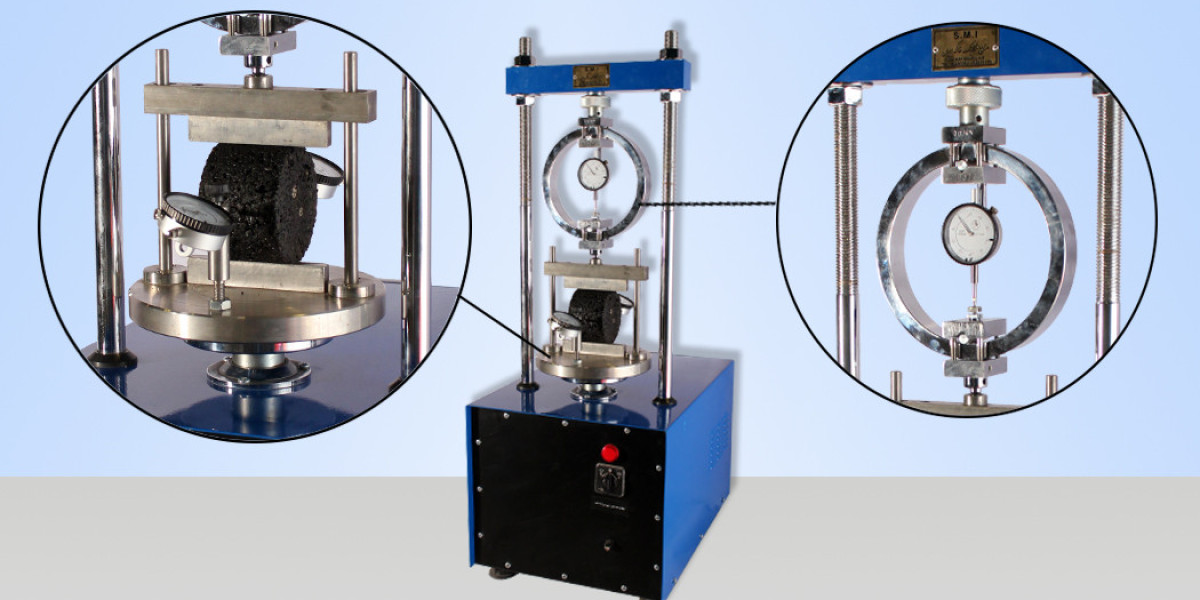When it comes to evaluating the quality and durability of asphalt pavements, one crucial parameter that engineers and researchers consider is the indirect tensile strength. This non-destructive test provides valuable insights into the material's resistance to cracking, fatigue, and structural integrity. Let's delve into the importance of indirect tensile strength testing and its role in ensuring long-lasting and resilient asphalt surfaces.
Indirect tensile strength testing measures the ability of asphalt to withstand tensile forces indirectly. It simulates real-world conditions by subjecting asphalt specimens to tensile stresses similar to those experienced on roads and pavements. By understanding the material's tensile properties, engineers can assess its resistance to cracking, rutting, and other forms of distress.
The test procedure involves placing a cylindrical asphalt specimen between two platens and applying a steadily increasing force until the specimen fractures. The force required to fracture the specimen is recorded as the indirect tensile strength. Additionally, parameters such as strain, deformation, and failure patterns are analyzed to gain a comprehensive understanding of the material's behavior.
Indirect tensile strength testing offers several advantages. Firstly, it is a non-destructive test, meaning the specimen remains intact after testing and can be further evaluated using other methods. This allows for multiple tests to be conducted on the same sample, providing a more comprehensive assessment without the need for additional materials.
Secondly, the test provides valuable information about the resistance of asphalt to thermal variations and moisture-induced damage. By subjecting the specimen to tensile stresses, indirect tensile strength testing evaluates the material's ability to withstand temperature fluctuations and moisture infiltration, which are common causes of pavement distress.
Moreover, indirect tensile strength testing serves as a quality control tool during asphalt mixture design and construction. By assessing the material's tensile properties, engineers can make informed decisions about the selection of asphalt binders, aggregates, and additives, ensuring optimal mix designs that enhance pavement performance and longevity.
To ensure accurate and reliable test results, certain factors must be considered during indirect tensile strength testing. These include specimen preparation, test conditions (such as temperature and loading rate), and data analysis techniques. Adhering to standardized testing protocols, such as ASTM D6931 or AASHTO T322, is crucial to maintain consistency and comparability of results.
In conclusion, indirect tensile strength testing plays a vital role in evaluating the performance and durability of asphalt pavements. By assessing the material's resistance to cracking and fatigue, engineers can make informed decisions regarding asphalt mixture design, construction techniques, and maintenance strategies. This test, with its non-destructive nature and ability to simulate real-world conditions, provides valuable insights into the behavior of asphalt under various stressors.



